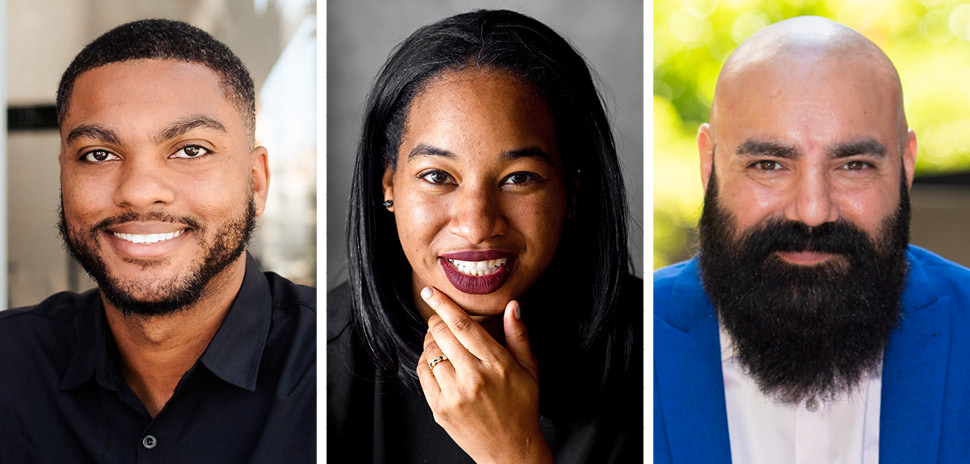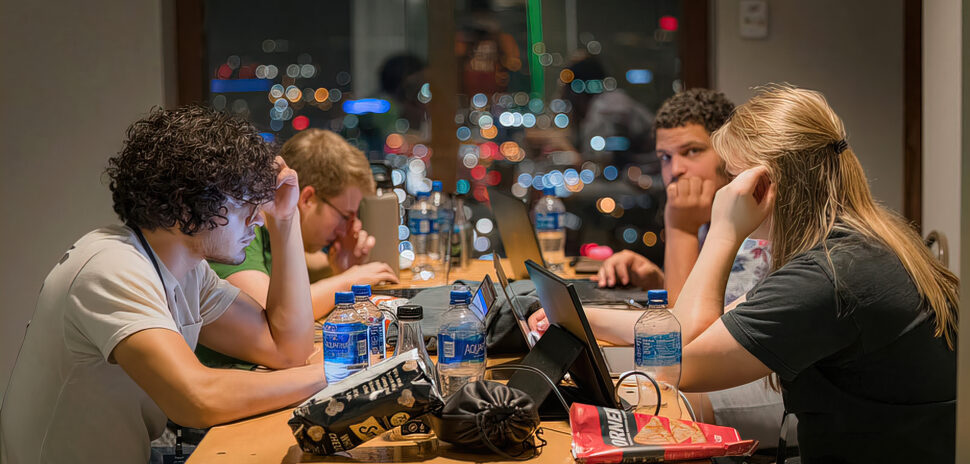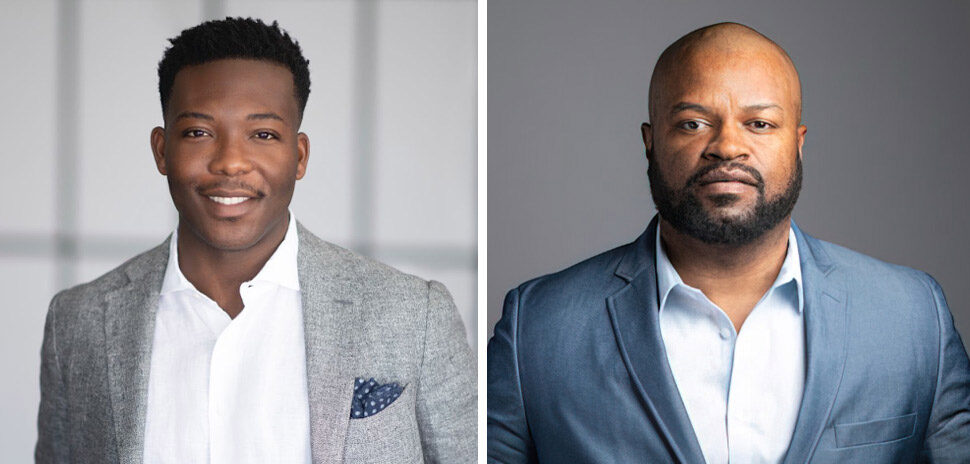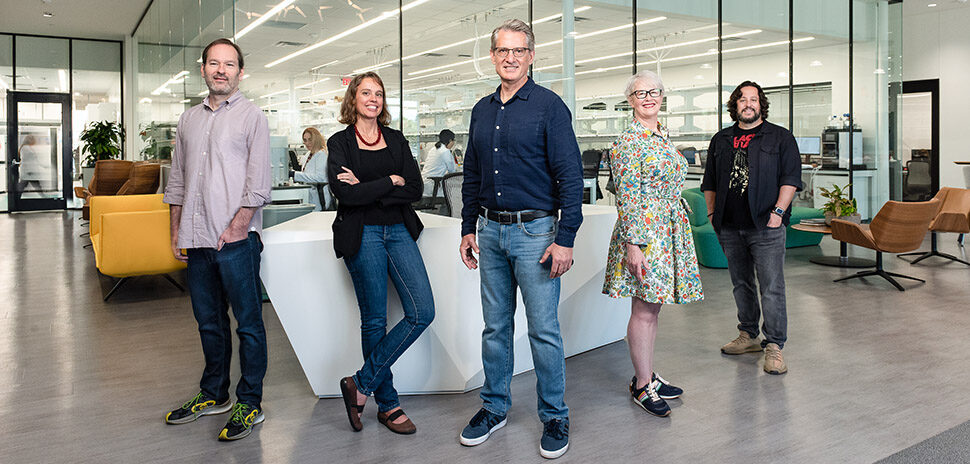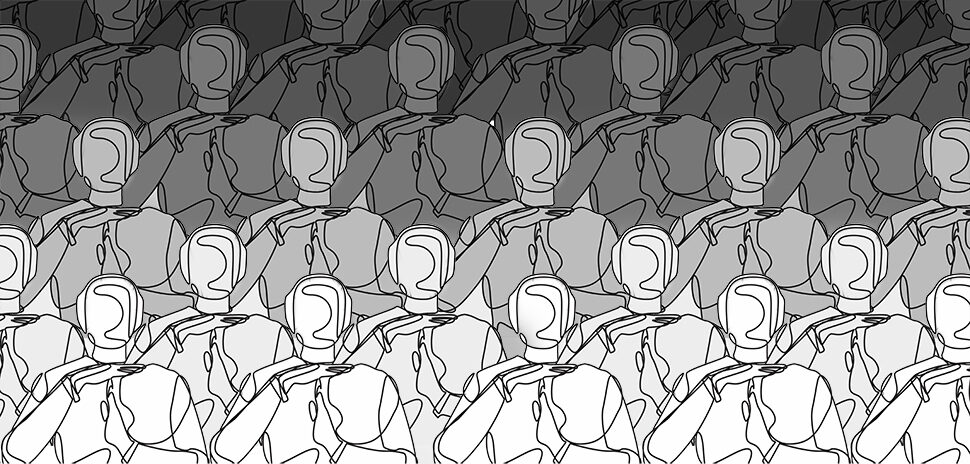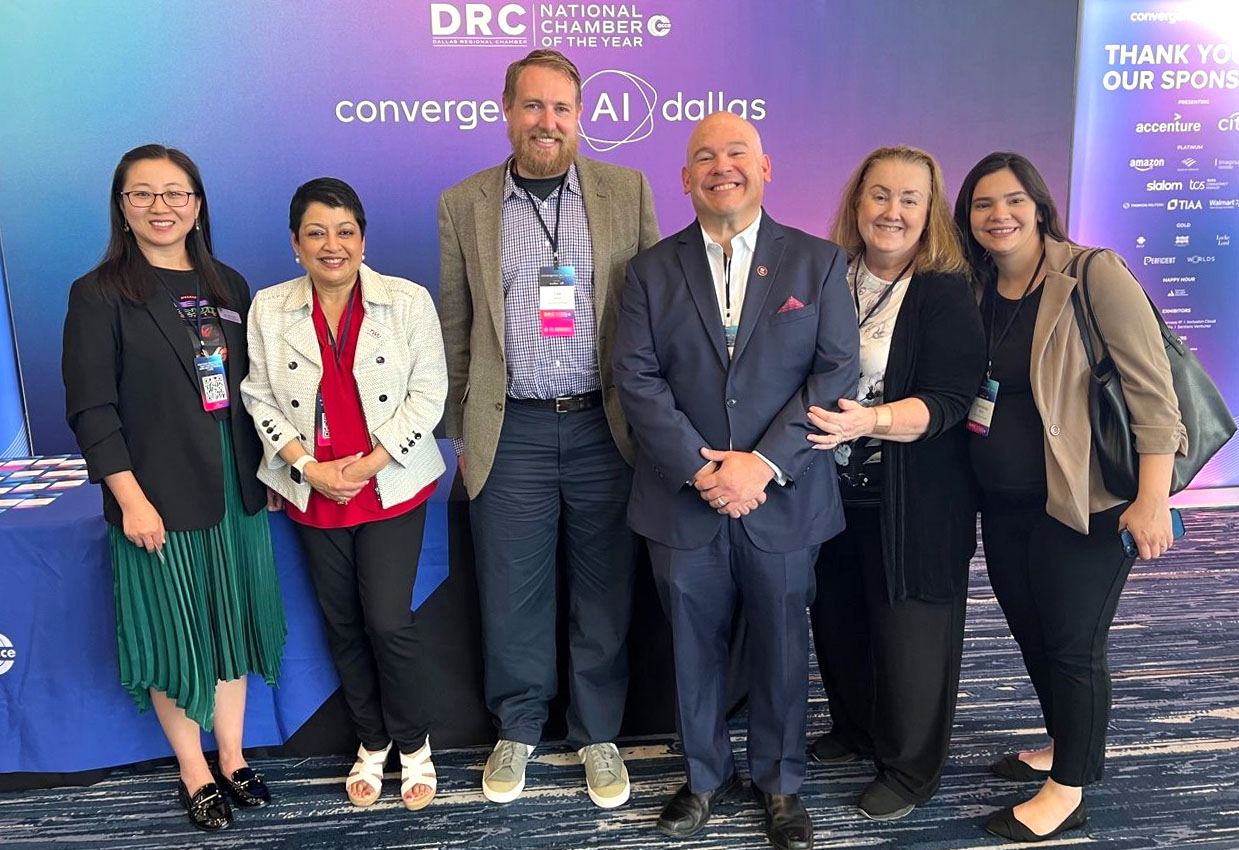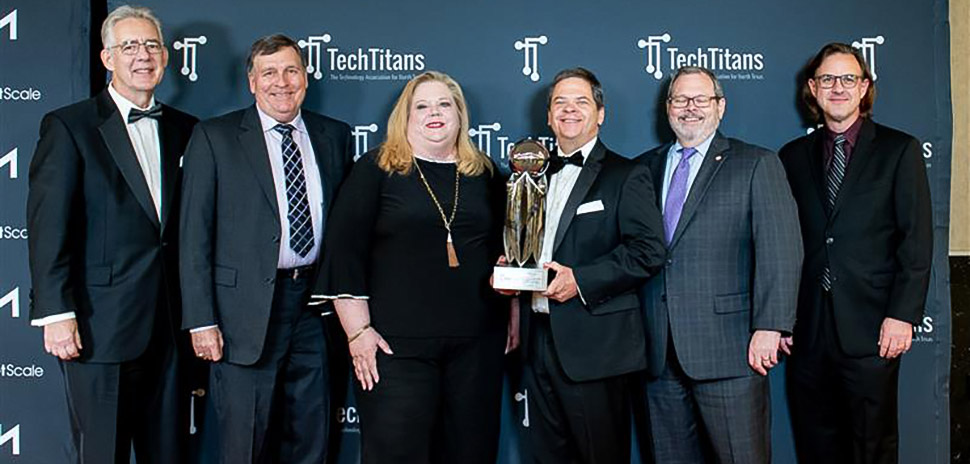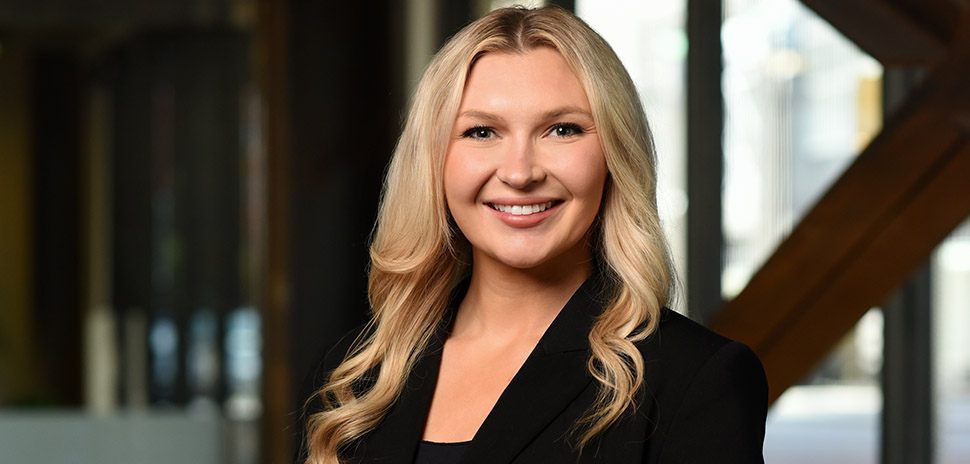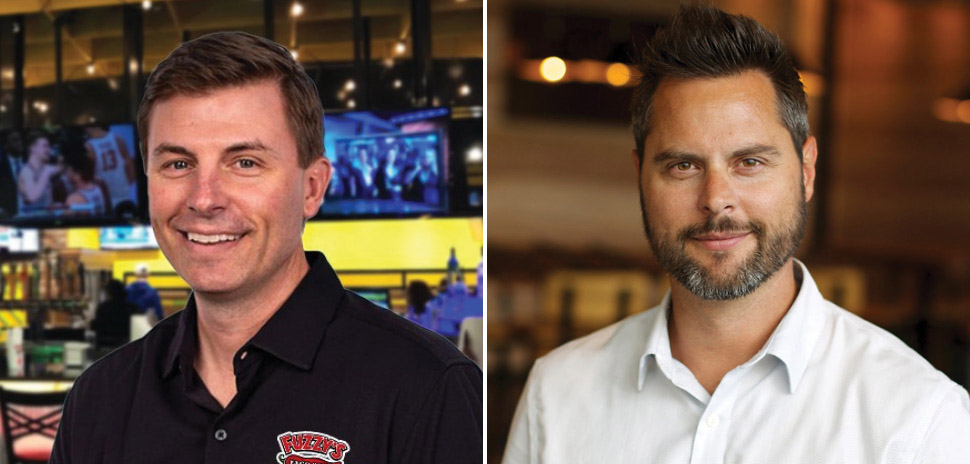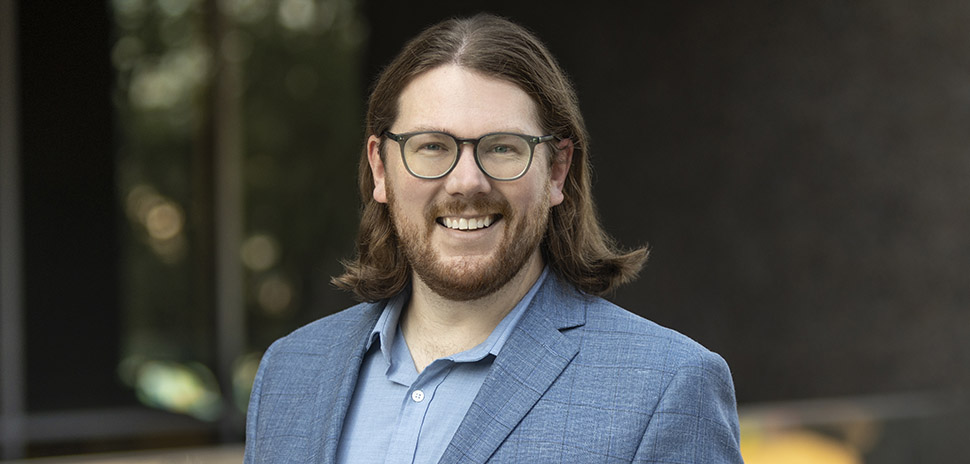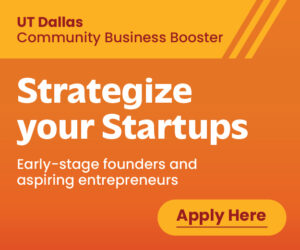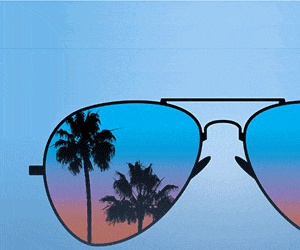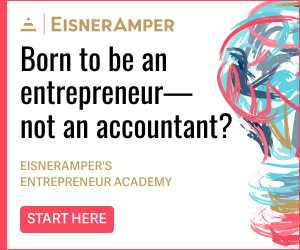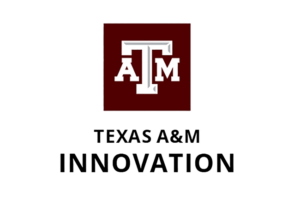Three Dallas-based entrepreneurs have been selected as recipients of the Google for Startups Black Founders Fund and Latino Founders Fund. The funds provide non-equity cash awards to promising startups led by Black and Latino entrepreneurs, aiming to support their businesses.
Out of the 46 recipients in the United States, six are from Texas, with a total investment of $900,000 in Texas startups.
Lisa Gevelber, VP of Google for Startups, welcomed the new group of diverse founders who are using technology to address some of society’s biggest challenges.
“In 2020, we launched our first Google for Startups Black Founders Fund to help Black tech entrepreneurs overcome the disproportionate hurdles they face when raising capital,” Lisa Gevelber, VP of Google for Startups, said in a statement.
The cash awards, amounting to $150,000, along with hands-on support, will aid the entrepreneurs in building and expanding their businesses in the U.S.
In addition to the non-dilutive capital and up to $100,000 in Google Cloud credits, recipients also receive mentorship from “Googlers,” along with other resources such as sales training, investor prep, mental health coaching from a team of Black and Latino therapists, and community offerings at no cost.
The selected Dallas-based startups
Buzzbassador
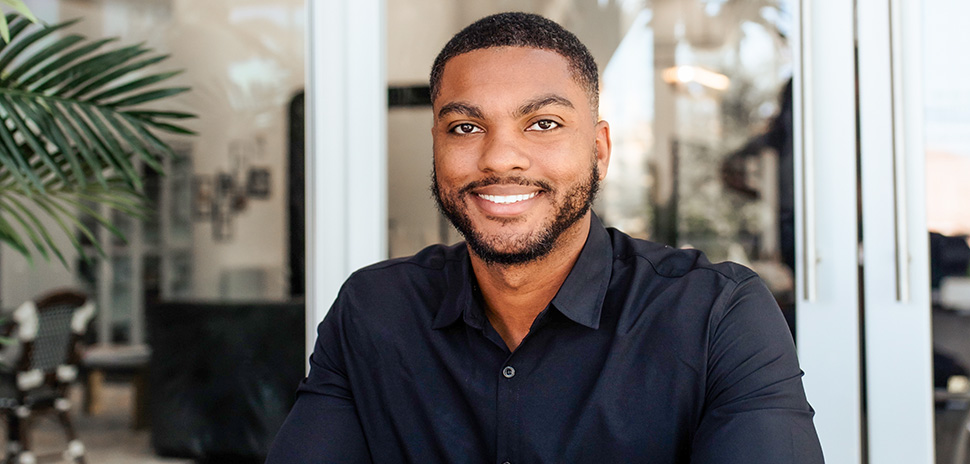
Calvin Waddy, CEO and Co-founder at Buzzbassador
Buzzbassador is a content creator platform that helps DTC and retail brands unlock scale with influencer marketing using end-to-end automated workflows.
Calvin Waddy, CEO and co-founder at Buzzbassador, calls his startup’s inclusion in Google for Startups’ Black Founders Fund a “pivotal milestone” in the B-to-B SaaS platform’s growth trajectory.
“Google’s investment and belief in our company is a testament to our team’s hard work and dedication to our mission,” Waddy said in a statement. “This partnership gives us the unique advantage of access to a vast ecosystem of advanced technologies and unparalleled expertise from Google’s worldwide network.”
Google’s support not only has the potential to catalyze Buzzbassador’s growth but also enables them to achieve “unprecendented innovation” in its competitive industry.
Roboamp
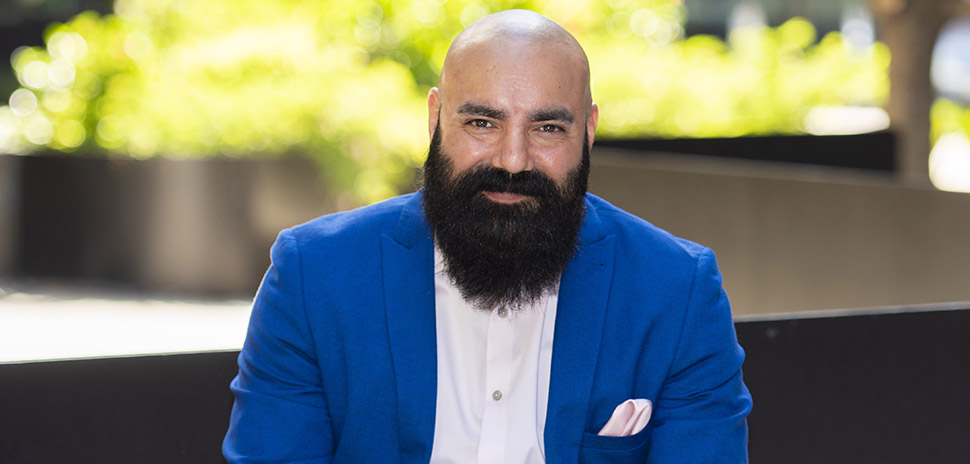
Roboamp founder and CEO Roberto Inetti [Photo: Michael Samples]
Dallas-based Roboamp helps sites load in one second or less on mobile with just one line of code.
Long loading times can have a significant impact on businesses, leading to potential revenue losses in the millions of dollars annually, the web performance company says.
Roboamp Founder and CEO Roberto Inetti says that websites taking more than three seconds to load may lose up to 60% of their potential customers. Inetti’s startup has proven to be effective in addressing this issue, with its customers experiencing an average increase of up to 500% in web performance, according to a recent news release.
Inetti, who immigrated to Texas from Uruguay 16 years ago, established the company in 2017.
The software developer’s expertise in software and hardware development stems from his notable contribution to the Uruguayan team that won the Space Settlement Design Contest sponsored by NASA in 2007. Throughout his career, Inetti has successfully managed the technical development of various products, ranging from Flash-based video games to real estate software.
Inetti, who currently has a team of five, expects to scale with the Google grant. The founder was also selected to participate in the Techstars 2022 Austin cohort and has recently been accepted into ACT Tulsa.
“From the long hours of development to the countless pitches and rejections, it has taken tremendous effort to reach this point,” Inetti said on LinkedIn.
Stemuli
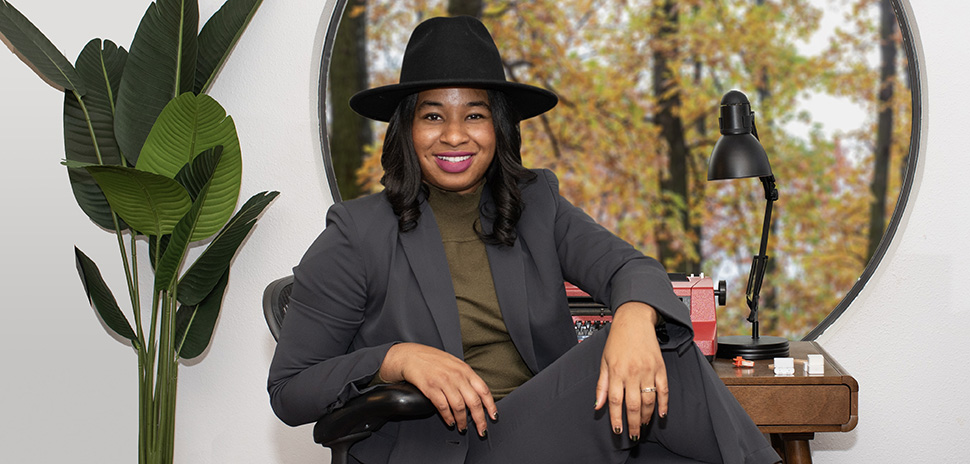 Stemuli is a 3D, immersive gaming experience that uses AI, machine learning, and gaming to navigate a student from their current academic proficiency to their dream job.
Stemuli is a 3D, immersive gaming experience that uses AI, machine learning, and gaming to navigate a student from their current academic proficiency to their dream job.
Founded by CEO Taylor Shead, the Dallas-based edtech announced a double merger with LA-based Infinity.careers and Oppti in April. Together they’ve a shared goal of “providing career navigation tools to empower students with the skills needed to thrive in the 21st century economy.”
“The power of community and collaboration is invaluable, and we’re honored to join the esteemed Google for Startups Black Founders Fund community,” Shead said on LinkedIn. “Access to this network of startups and experts propels us forward in our mission to revolutionize the educational landscape.”
Stemuli’s Shead was recognized by Dallas Innovates as a 2023 Future 50 disrupter earlier this year.
Other selected Texas startups
Three other startups in Texas were selected for the Google for Startups funds.
Houston-based That’s Clutch elevates emerging brands’ digital marketing presence by connecting them to next-generation creators.
Austin-based Omaiven is workflow automation for clinic operations.
San Antonio-based DataScope leverages mobile technology to revolutionize data collection and deliver valuable insights in real time to any industry.
Google support to entrepreneurs
The program has provided $45M in cash awards to 547 entrepreneurs, to date.
Gevelber says over the past three years, Google has “significantly” expanded its Black Founders Fund to Europe, Africa and Brazil, and to Latino founders in the U.S.
“We’ve seen our funds have a catalytic effect for founders, helping them raise further capital,” the company said. “Past recipients have gone on to raise over $400 million in investment after being selected and they’ve used these funds to create jobs and grow their revenues.”
![]()
Get on the list.
Dallas Innovates, every day.
Sign up to keep your eye on what’s new and next in Dallas-Fort Worth, every day.










